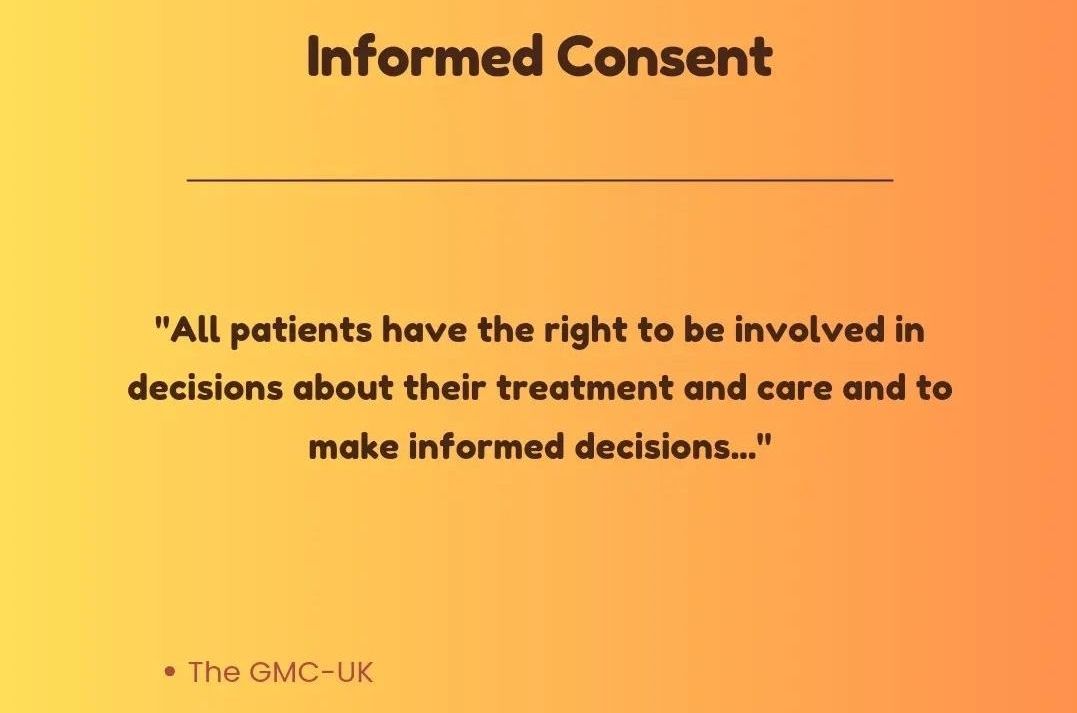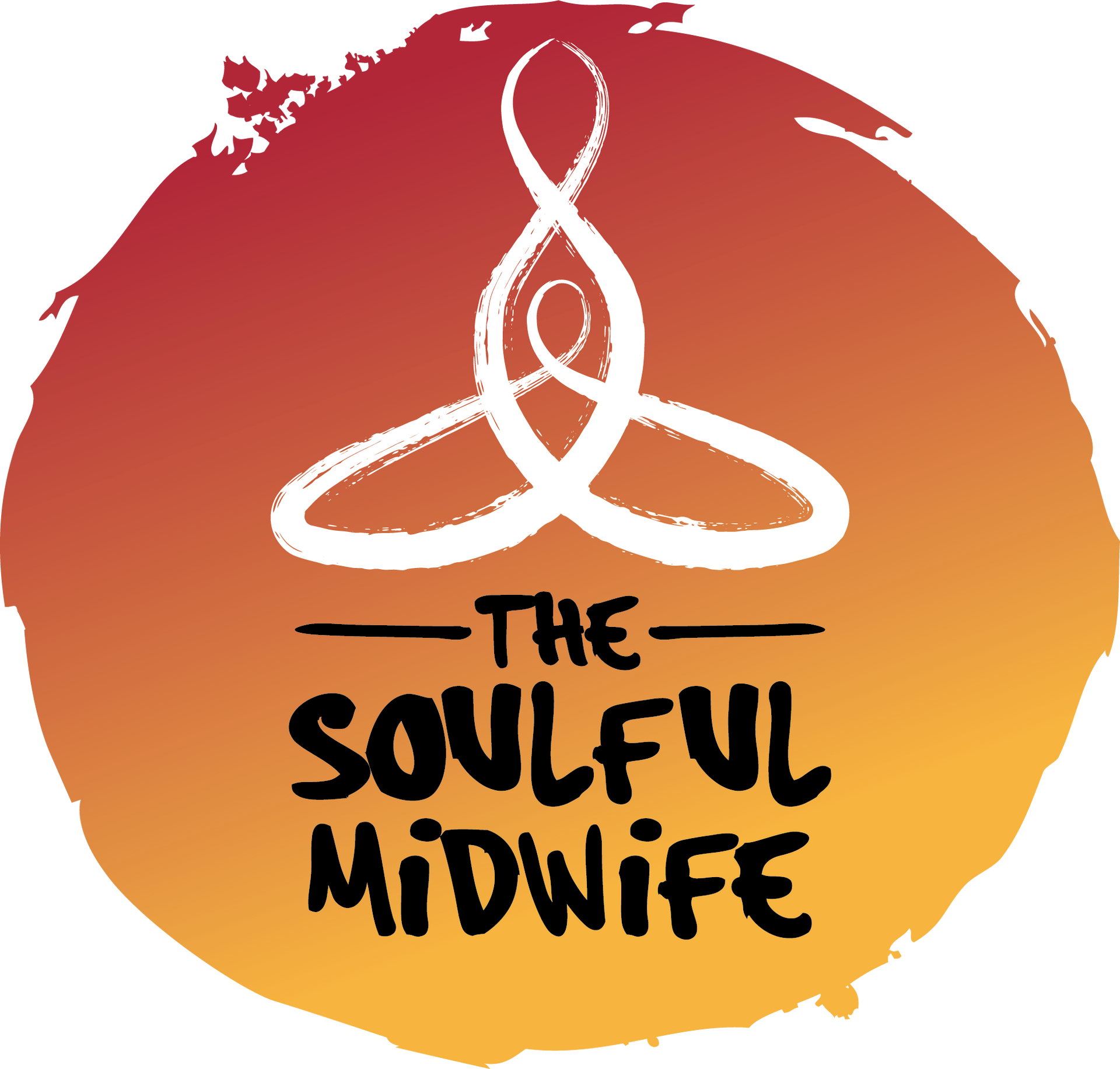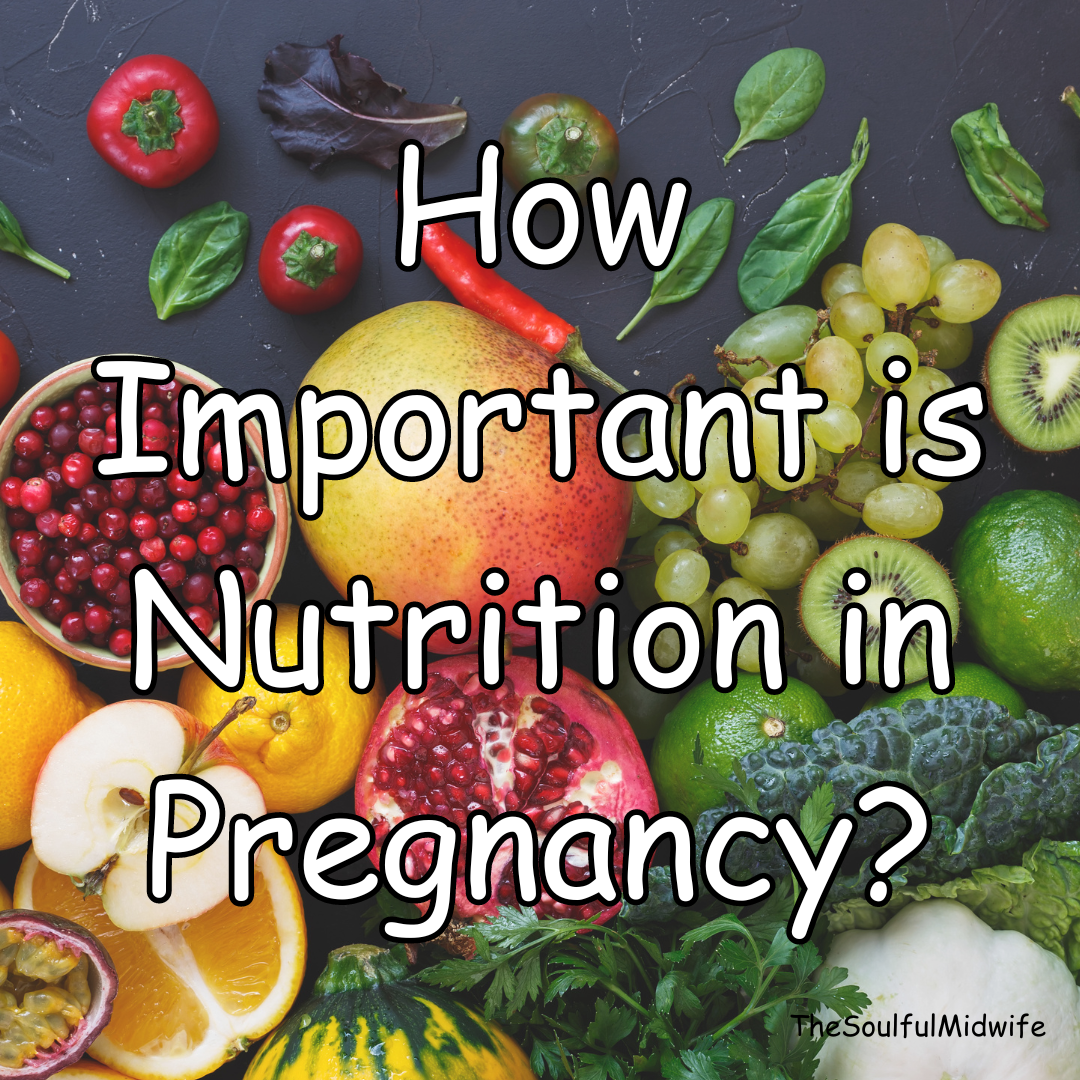What is Consent in Birth?
Jasmin Lodge • October 21, 2024
Being able to give informed consent means you also have the right to informed refusal

I will forever harp on about this topic, because the reality is that most of us have, at some point in our lives, agreed to medical treatment on the basis of 'the doctor says, and they must know best'. But what if they don't know best about what is right for you? What if the benefits don't actually outweigh the risks for you?
How is it that we, an educated nation, have completely handed over control of our health to perfect strangers funded by big pharma?
Yes, said it!! But I digress, that's a whole different topic! ... Lets back up a few steps here...
What is Consent?
The Merriam-Webster dictionary explains consent as:
'A compliance in or approval of what is done or proposed by another'
In a health care / provision setting this means:
- The process of a patient agreeing to receive medical treatment, tests, or examinations
- A legal and ethical requirement that patients give their consent before any medical procedure takes place
- Consent is a fundamental part of medical ethics and international human rights law
What is Informed Consent?
According to the GMC (General Medical Council for the United Kingdom)
"Consent is a fundamental legal and ethical principle. All patients have the right to be involved in decisions about their treatment and care and to make informed decisions if they can. The exchange of information between doctor and patient is essential to good decision making. Serious harm can result if patients are not listened to, or if they are not given the information they need - and time and support to understand it - so they can make informed decisions about their care."
So in order to give consent, we must be adequately informed of ALL Benefits, Risks, Alternatives and the Option of doing Nothing, and ideally letting your intuition have a say in the matter too!
How about Informed Refusal?
Conversely, we must also be afforded the same respect when we refuse care, based on the very same information that has been provided, research we have done and conversations we have had with our carers.
Mental Capacity
Informed consent principles are based on the premise of an individual having capacity to make decisions regarding their own health. If a person is deemed to not have mental capacity, or in the event of an emergency / unconscious patient, doctors are permitted to provide care in that persons best interest.
In my opinion and my clinical observations...
It is no secret that our health care system in the UK is incredibly over subscribed and under staffed. Sadly the impact of this is that the service user (You!) does not always have adequate time with Your health care provider to explore all options, risks and implications of interventions.
This means it's up to You to seek out the knowledge that You need to make the decisions that are right for You and Your Baby.
In addition to this, the medical model of 'managing' Your pregnancy has become increasingly reliant on drugs, interventions and surgical assistance. Don't get me wrong, these things for sure have their place, but I don't believe they are all entirely necessary in all cases and certainly, there's not a one size fits all package of care for pregnant women.
With increasing numbers of women suffering mental and physical trauma following the birth of their baby, is it possible that the 'doctor says so, so I'll do it' approach isn't always the right path to follow?
Due to the limited time frames allotted to each patient within our medical system, there is only so much information that can be provided, based on evidence that is in accordance with the hospital policies. There is a whole world of natural remedies and preventative 'medicine' that could be factored in to your decision making process.
I strongly recommend doing your own research in addition to information offered by your appointed midwife or doctor; trust me, none of us know it all!












